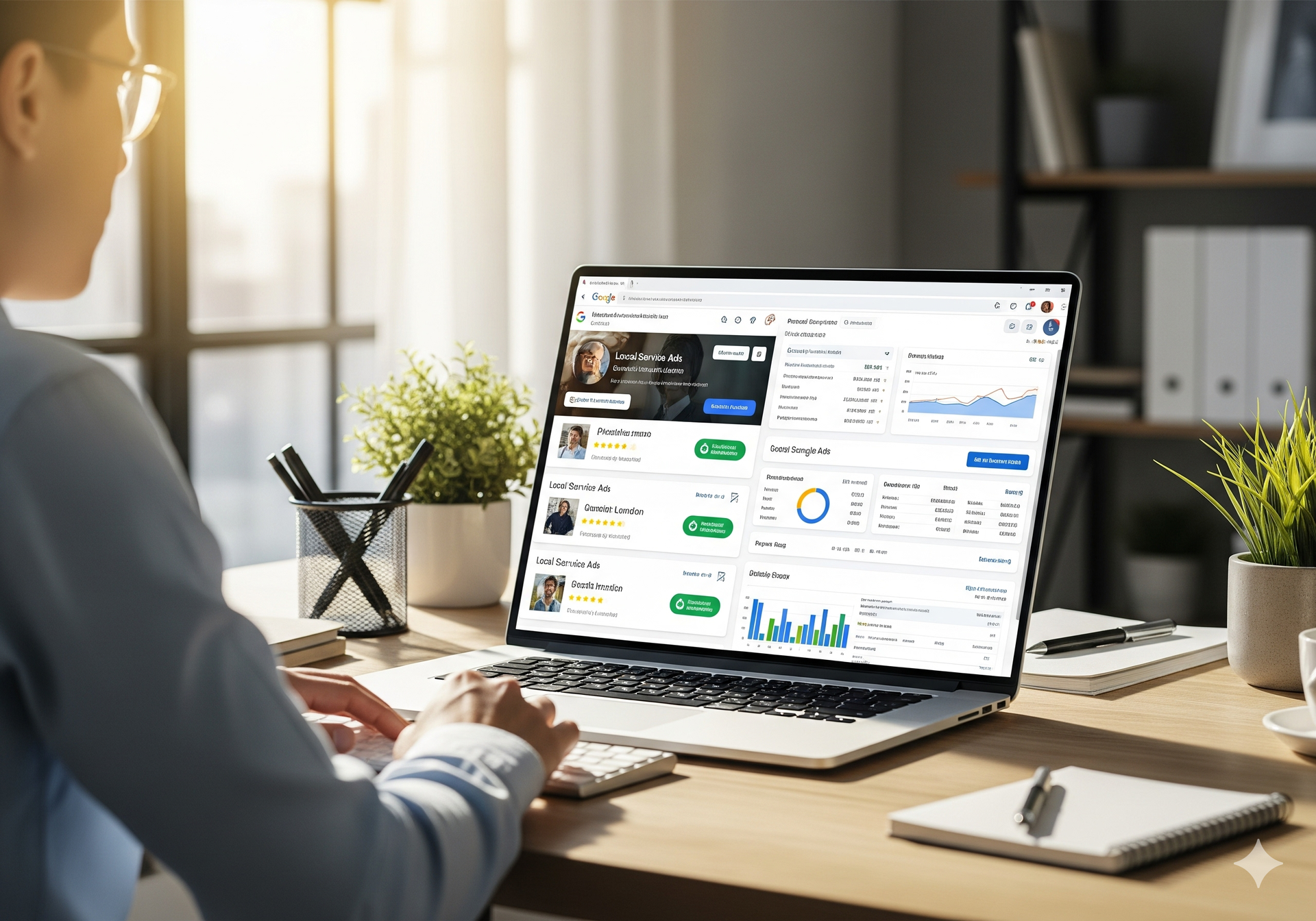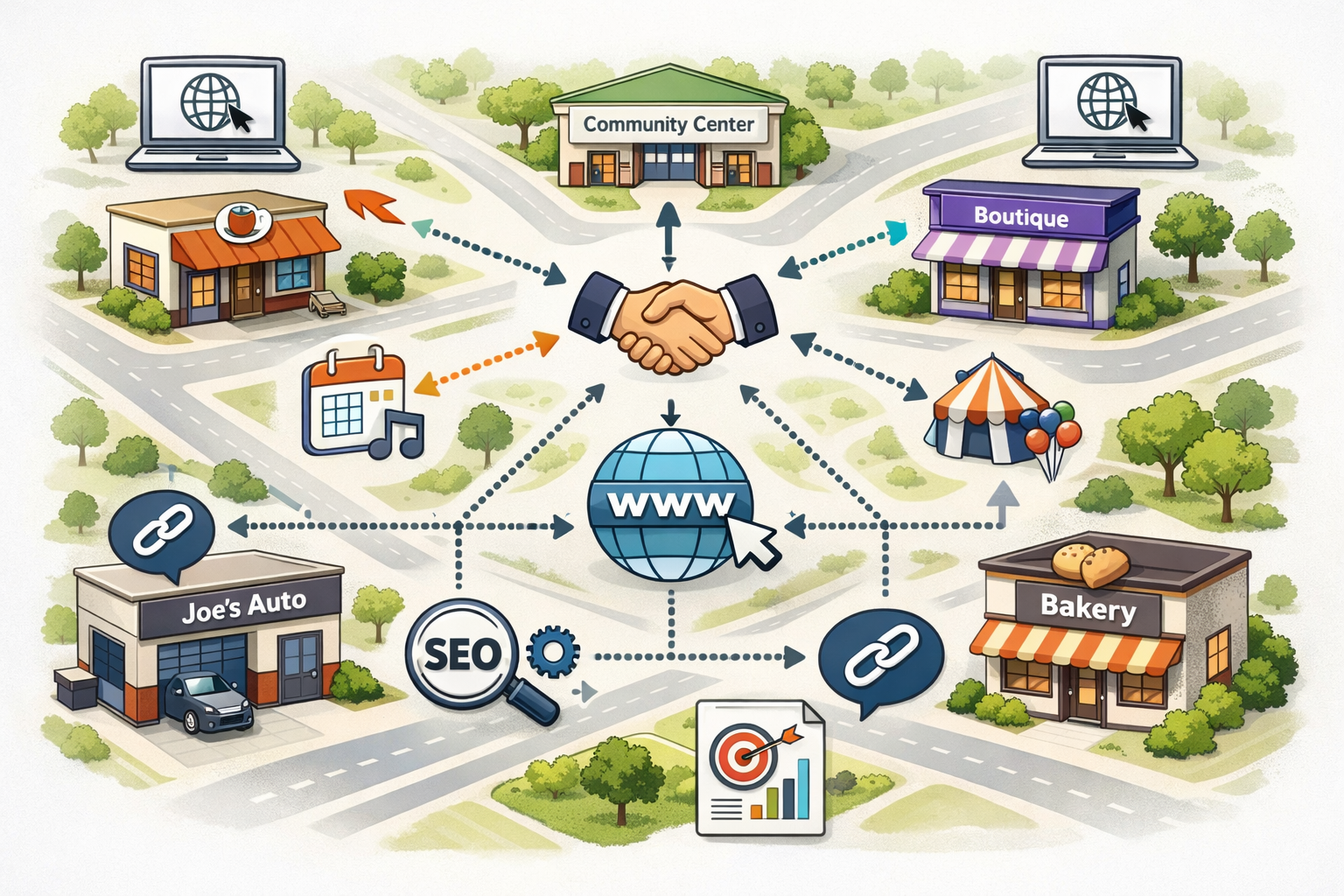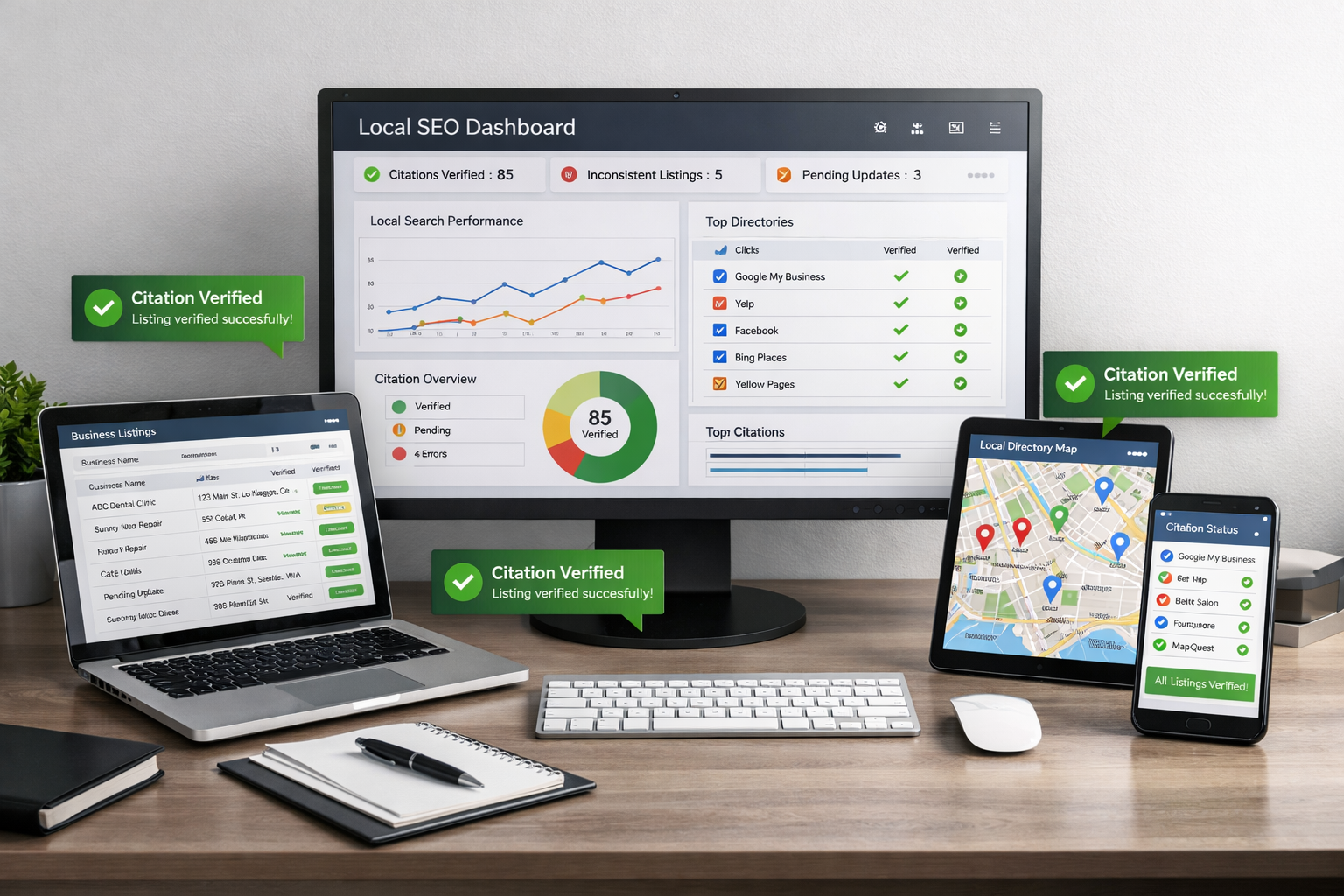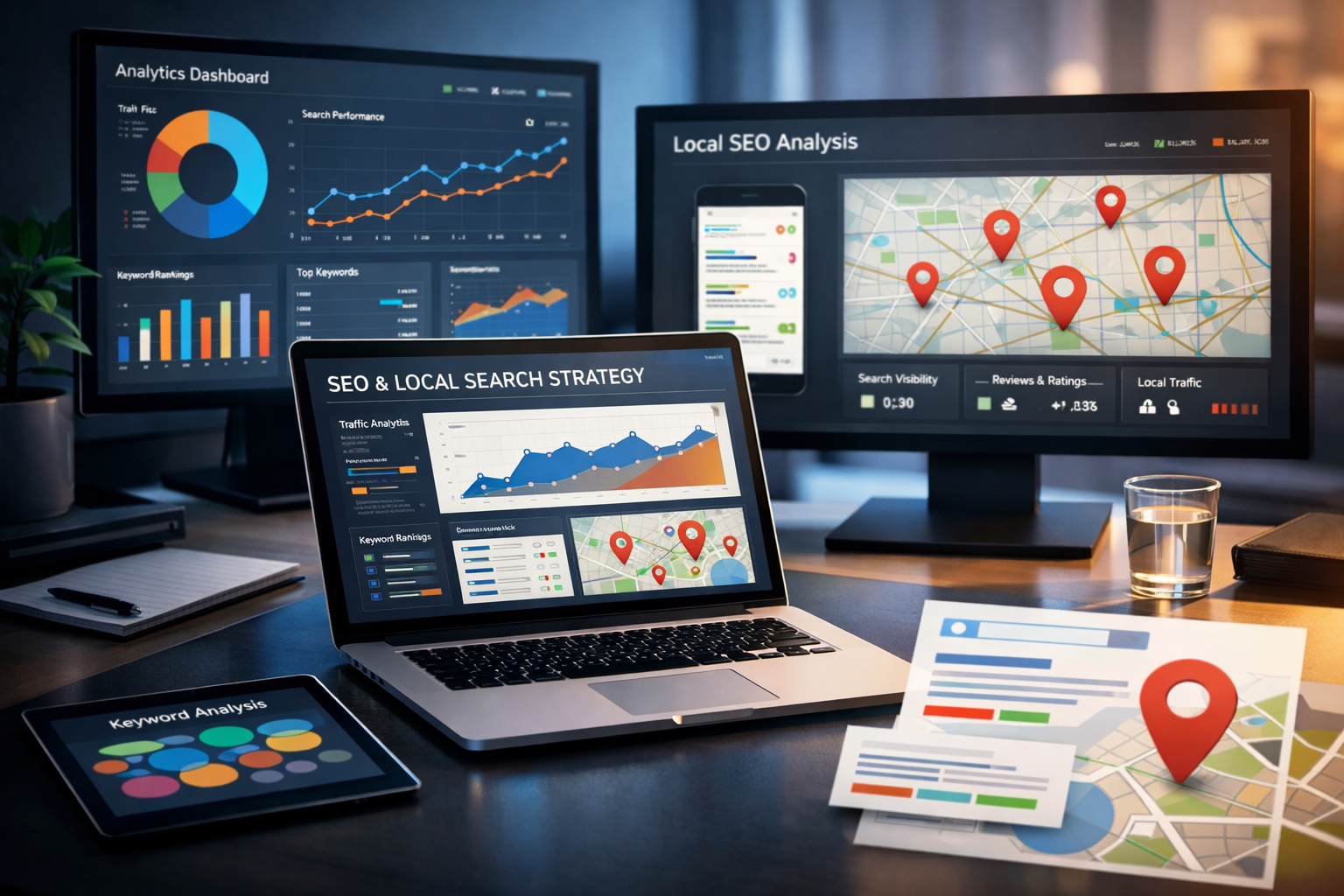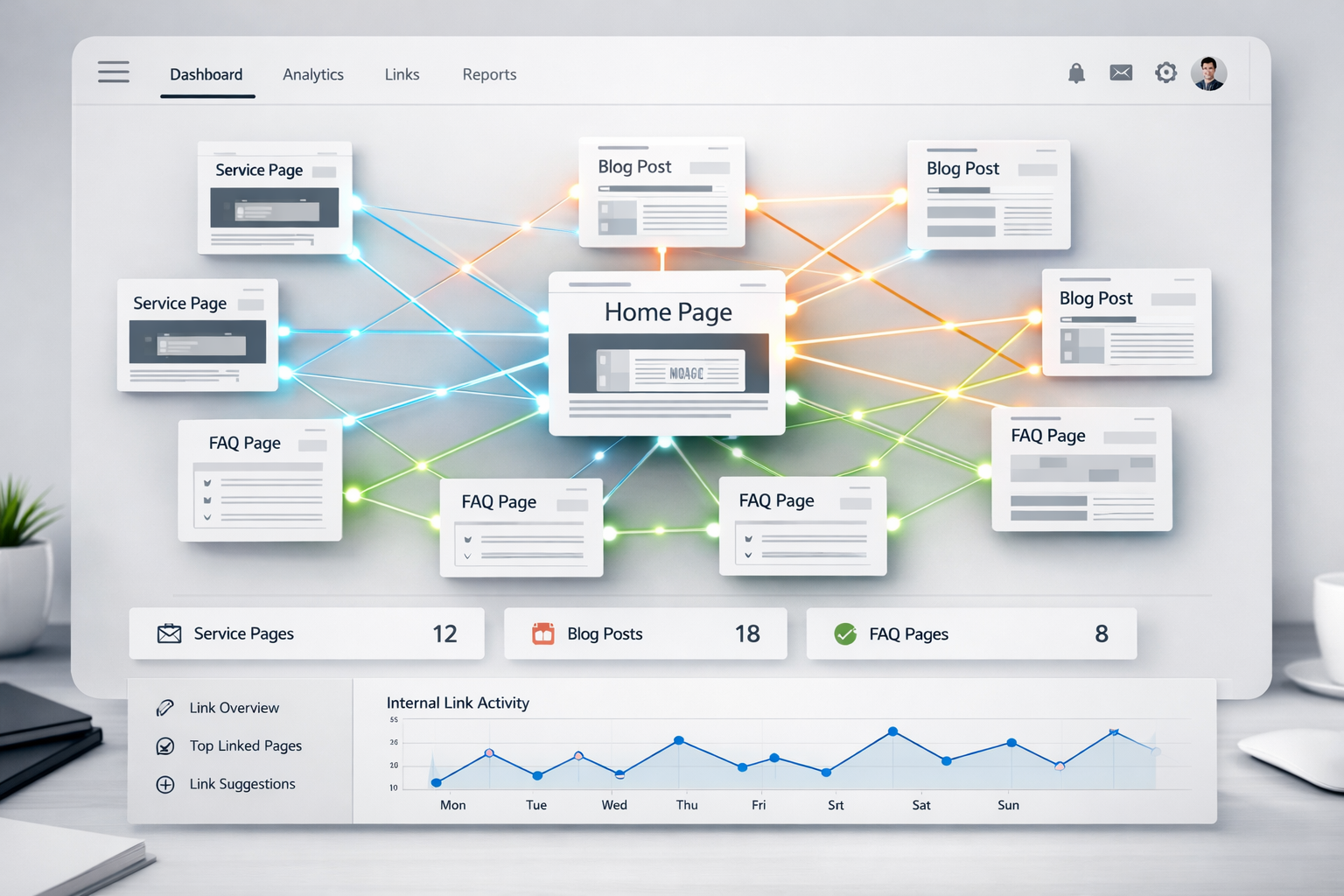Do small businesses need SEO?
In today’s hyper-connected world, having an online presence isn’t just a luxury for small businesses; it’s a necessity. With over 93% of all online experiences beginning with a search engine, potential customers are actively searching for local products, services, and solutions every day. If a small business doesn’t appear in those search results, valuable opportunities and revenue slip away.
Search Engine Optimization (SEO) is one of the most cost-effective, impactful strategies for boosting your digital presence and driving quality leads, no matter your business size. Yet, many small business owners remain unsure of its value or see it as something only large companies need. This blog post dives deep into why SEO matters for even the smallest local businesses, demystifying the benefits and tactics for SMEs looking to thrive online.
What is SEO? Why Does it Matter?
SEO, or Search Engine Optimization, is a digital marketing practice aimed at improving a website’s visibility on search engines like Google, Bing, and Yahoo. When someone searches for products or services related to your business, good SEO helps your website appear closer to the top of the results page, increasing the chance of being noticed and clicked.
SEO involves optimizing your website’s content, structure, and technical configuration so that search engines can easily understand and rank your pages. Unlike paid advertising, SEO targets “organic” (unpaid) search results, making it a sustainable, long-term strategy.
There are several facets to SEO:
- On-page SEO: Optimizing website content, structure, and meta tags.
- Off-page SEO: Building authority through backlinks and social signals.
- Technical SEO: Ensuring fast load times, mobile-friendliness, and secure connections (HTTPS).
- Local SEO: Targeting users in a specific geographic area, a key for brick-and-mortar businesses.
SEO matters because the vast majority of users trust organic results over ads, and nearly 91% never scroll past the first page. Businesses ranking high benefit from more clicks, brand trust, and conversions.
The Top Benefits of SEO for Small Businesses
SEO is particularly compelling for small businesses aiming to level the playing field with larger competitors. Here are the key advantages:
- Increased Web Traffic: Organic search drives over 50% of all website visits, giving your business steady exposure.
- Cost-Effectiveness: Unlike paid ads, SEO requires no “per-click” spending, offering ongoing value long after the initial investment.
- Improved Local Visibility: Local SEO tactics help you capture nearby customers searching for businesses “near me”.
- Enhanced Trust & Credibility: Higher rankings signal authority and reliability to potential customers.
- Better Conversion Rates: Satisfied users who find answers quickly are more likely to convert into leads or sales.
- User Experience Boost: SEO best practices, like mobile-friendliness and fast load times, create a better experience for visitors.
For small businesses with limited marketing budgets, SEO means attracting quality leads around the clock—without the recurring costs of traditional advertising.
Local SEO: The Game-Changer for Small Businesses
Local SEO is a specialized discipline that ensures your business appears in search results for customers in your area. With 46% of all Google searches looking for local information, absence in the local “map pack” or results means missing out on eager buyers.
Key components of Local SEO include:
- Google Business Profile (GBP) Optimization: Claiming and optimizing your free Google business listing boosts visibility and credibility.
- Location-specific Keywords: Embedding phrases like “best hair salon in Maplewood” helps connect with local intent.
- Customer Reviews: Positive local reviews build trust and improve local rankings.
- Local Citations: Ensuring your business is listed consistently across directories strengthens local authority.
For businesses reliant on local clients—think restaurants, salons, plumbers, law firms, or retail stores—Local SEO is non-negotiable. It helps you compete against bigger brands by dominating your immediate area.
The ROI of SEO vs. Traditional Advertising
SEO consistently outperforms traditional advertising in delivering both value and results for small businesses. Here’s why:
- Long-Term Visibility: Once your site ranks, it can attract organic traffic for months or years with minimal ongoing expense.
- Sustained Lead Generation: SEO keeps bringing users to your site, unlike paid ads that stop delivering the moment you stop paying.
- Higher Trust Levels: Studies show users trust organic listings more than paid advertisements.
- Lower Cost Per Acquisition: While TV, radio, and print ads require hefty budgets and repeated spending, SEO’s costs are relatively low and fixed, especially if handled in-house or with a transparent agency partner.
Marketing research suggests that the return on investment for SEO can be several times higher than most types of offline advertising or pay-per-click campaigns—especially when targeting local markets.
Improving Customer Experience through SEO
Great SEO is about more than keywords—it’s about creating an excellent experience for visitors at every touchpoint. Google’s algorithms now prioritize factors such as page speed, mobile usability, clear navigation, and relevant content.
Critical ways SEO boosts the customer experience:
- Mobile Optimization: More than half of search activity now happens on smartphones and tablets.
- Fast Load Times: 53% of users will abandon a site that takes more than three seconds to load.
- Clear Information Architecture: Good SEO requires structured menus and well-organized content, making it easy for users to find what they need.
- Relevant Content: SEO-driven articles, FAQs, and how-to guides give potential customers the answers they’re seeking.
A user-friendly, SEO-optimized site results in higher engagement, longer visits, and increased conversions.
Common SEO Mistakes Small Businesses Make
While SEO has enormous potential, common mistakes can dampen results or even harm your site. Here are pitfalls to avoid:
- Neglecting Keyword Research: Failure to target the right keywords means missing your ideal audience.
- Ignoring Local SEO: Not optimizing for location-based searches or Google Business Profile can cost local visibility.
- Slow Website Speed: Long load times discourage visitors and hurt rankings, especially on mobile.
- Content Gaps: Thin or irrelevant content leaves users (and Google) unsatisfied.
- Lack of Backlinks: Without links from credible sites, your authority and ranking potential suffer.
- Poor On-Page Optimization: Missing title tags, meta descriptions, or unoptimized images can hinder discoverability.
Avoiding these missteps—and regularly auditing your website strategy—sets the foundation for SEO success.
How to Get Started with SEO for Your Small Business
Starting with SEO may feel overwhelming, but breaking it down into manageable steps makes the process accessible. Here’s a roadmap:
- Claim Your Google Business Profile: Fill in your business information, add photos, and encourage satisfied customers to leave reviews.
- Conduct Keyword Research: Use tools (free or paid) to find out what your audience is searching for—start with service + location combinations.
- Optimize On-Page Elements: Update title tags, meta descriptions, headers, and content with your target keywords.
- Ensure Mobile-Friendliness: Regularly test your site on multiple devices and fix any issues.
- Improve Site Speed: Use website auditors to find and resolve speed bottlenecks, like large images or outdated plugins.
- Create Valuable Content: Start a blog, write FAQs, film how-to videos—answer real customer questions.
- Build Local Links: List yourself in local directories, business associations, and partner websites.
- Monitor Performance: Use Google Analytics and Search Console to track traffic and identify areas for improvement.
With some patience and consistency, small businesses can see significant results, often within 45–60 days according to leading agencies.
Why DIY SEO Isn’t Always Enough
While a hands-on approach can save money, DIY SEO often reaches its limits—especially as competition increases. Common DIY stumbling blocks include:
- Time Constraints: Managing SEO alongside daily business tasks can be overwhelming.
- Technical Complexity: Advanced elements like schema markup, backlink strategies, or site migrations require expertise.
- Algorithm Changes: Search engines frequently update their algorithms, making it difficult to keep up without professional help.
- Measurement and Analysis: Properly tracking, understanding, and acting on performance data can be challenging for novices.
Agencies like GetPhound bridge this gap by offering tiered SEO plans—with no long-term contracts and transparent pricing—to maximize impact while letting business owners focus on what they do best.
How to Choose the Right SEO Partner
Choosing the right SEO partner can be transformative—especially for small businesses aiming for results without breaking the bank. When evaluating agencies, prioritize:
- Transparency: Look for transparent, fixed pricing structures without hidden fees or long-term contracts.
- Clear Communication: A partner who is responsive, explains strategies clearly, and provides regular updates.
- Proven Performance: Check for client testimonials, case studies, or verified results from previous campaigns.
- Tailored Strategies: The agency should offer personalized recommendations based on industry, local market, and business goals—not a one-size-fits-all approach.
Read reviews, schedule consultations, and never hesitate to ask for references or specific outcome examples.
The Future of SEO for Small Businesses
SEO is constantly evolving, with search engines placing more emphasis on quality content, user experience, and local relevance. Trends to watch:
- Voice Search: Optimization for conversational queries like “near me” or “where can I find…”.
- Video Content: Engaging videos and video SEO are driving more search traffic than ever.
- AI-Powered Search: Tools driven by AI are changing content creation, topic selection, and competitive analysis.
For small businesses, staying ahead means adapting to these trends while doubling down on the basics—mobile optimization, local SEO, and trustworthy content. Agencies with up-to-date expertise help ensure a forward-looking approach.
Embrace SEO for Sustainable Growth
In summary, SEO is not just for big brands—it’s the digital lifeline for small businesses aiming to grow and compete locally or nationally. Whether driving foot traffic, building reputation, or unlocking consistent sales, SEO’s impact is undeniable.
With the right strategy—and the right partner—small businesses of every kind can achieve higher rankings, long-term visibility, and robust growth online. Don’t let competitors outrank you: invest in SEO today to get found, grow faster, and future-proof your business.


